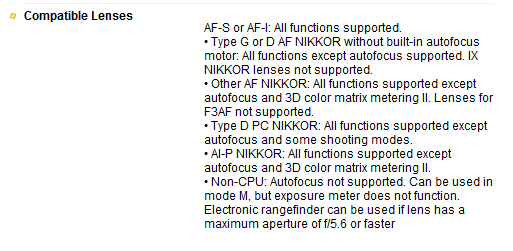JMack
TPF Noob!
- Joined
- Oct 14, 2009
- Messages
- 35
- Reaction score
- 0
- Can others edit my Photos
- Photos OK to edit
I just recently went through this myself, and after searching and reading through the tremendous amount of information on this board, and with the help of some of the more knowledgeable folks here, ended up purchasing a used DSLR to start with.
It's not the newest, fanciest camera (Digital Rebel XT), but it's a huge step above the typical p&s that I had always had before. Even only having it a week it's obvious that there was no need to go with the latest and greatest, cause I'm far enough in over my head with Rebel I purchased. Basically, for $300 I got a good setup that will allow me to grow and develop the skills to take advantage of the higher end equipment, and learn what won't work for the uses I have in mind.
It's not the newest, fanciest camera (Digital Rebel XT), but it's a huge step above the typical p&s that I had always had before. Even only having it a week it's obvious that there was no need to go with the latest and greatest, cause I'm far enough in over my head with Rebel I purchased. Basically, for $300 I got a good setup that will allow me to grow and develop the skills to take advantage of the higher end equipment, and learn what won't work for the uses I have in mind.








![[No title]](/data/xfmg/thumbnail/31/31049-df2ef80e523fe4368eb8a82e03ad0b90.jpg?1734159157)





